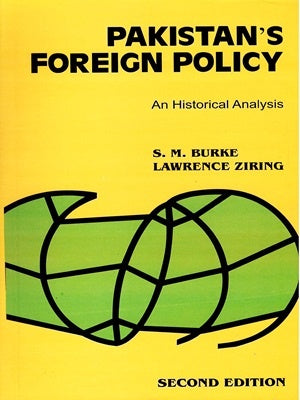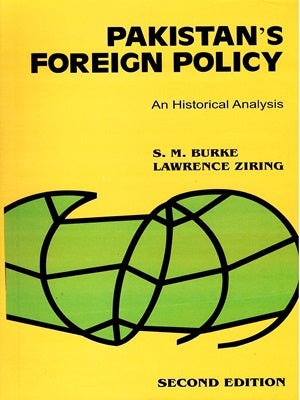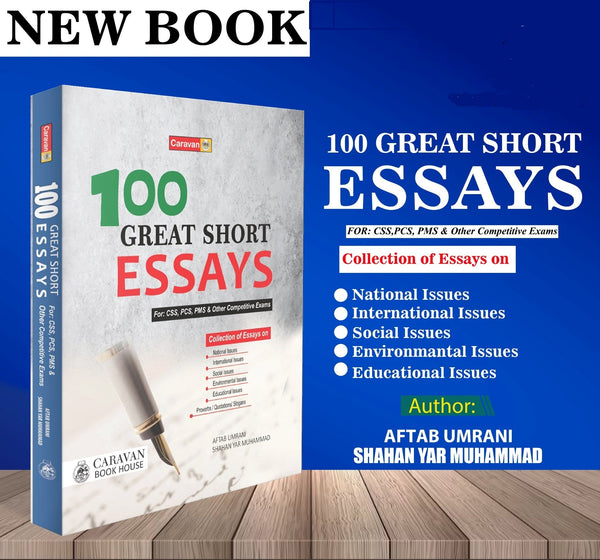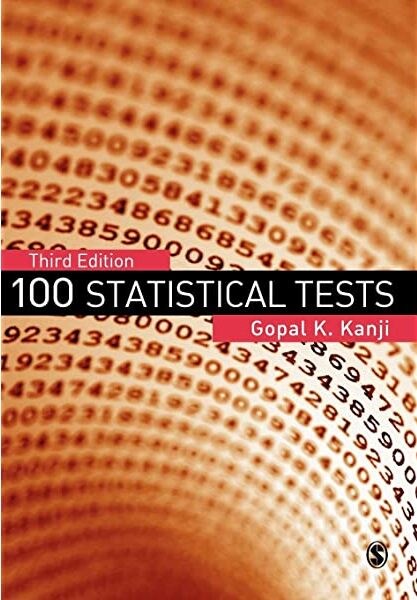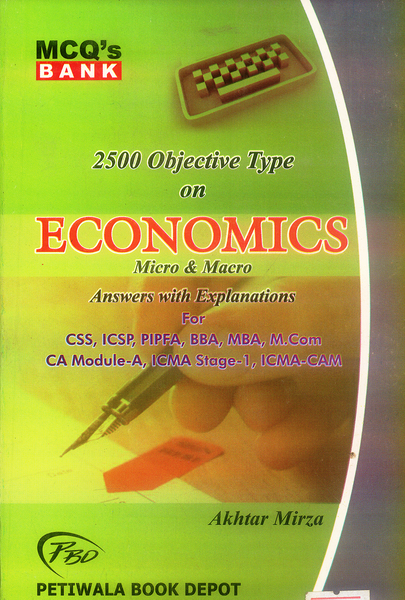Pakistan's Foreign Policy An Historical Analysis For CSS PMS PCS By SM Burke
- Publisher: POLITICAL SCIENCE
- Availability: In Stock
- SKU: 31104
- Number of Pages: 500
Rs.450.00
Rs.600.00
Tags: Academic Research , Best Buys , Best Selling Books , Conflict Resolution , CSS Exam , Diplomatic Alliances , Diplomatic Discourse , Diplomatic Missions , Diplomatic Practices , Diplomatic Strategies , Discounted Items , Discounts Deals , Economic Diplomacy , Examination Preparation , Exclusive , Faisalabad , Foreign Policy , Foreign Relations , Geopolitics , Global Affairs , Governance , Government Policies , Gujranwala , Hot Deals , Hyderabad Marking , International Relations , Islamabad , Lahore , Multan , Neighboring Countries , Nuclear Policy , ONLINE BOOKS , Online Discounts , Online Sale , Pakistan , PCS Exam , PMS Exam , Policy Analysis , Policy Formulation , Political Science , Public Administration , Quetta , Rawalpindi , Regional Dynamics , Regional Stability , Savings , Security Challenges , Shopping , SM Burke , Statecraft , Strategic Analysis
"Pakistan's Foreign Policy: An Historical Analysis" by SM Burke provides a comprehensive examination of Pakistan's foreign policy decisions through a historical lens, catering to CSS, PMS, and PCS aspirants. Burke meticulously traces the evolution of Pakistan's foreign relations, shedding light on the underlying factors, pivotal events, and strategic shifts that have shaped the nation's diplomatic trajectory. With insightful analysis and rich historical context, this book serves as an invaluable resource for understanding Pakistan's position in the global arena.
Burke delves into the complexities of Pakistan's foreign policy formulation, exploring the influence of domestic politics, regional dynamics, and global geopolitics on decision-making processes. From the early years of independence to contemporary challenges, the book navigates through key milestones and turning points, offering readers a nuanced understanding of Pakistan's diplomatic engagements and their implications. Through rigorous research and scholarly discourse, Burke highlights the continuities, contradictions, and transformations in Pakistan's approach towards international relations.
Key Points:
1. Historical evolution of Pakistan's foreign policy.
2. Influence of domestic politics and regional dynamics.
3. Impact of global geopolitics on decision-making.
4. Key milestones and turning points in diplomatic engagements.
5. Continuities, contradictions, and transformations in Pakistan's approach.

